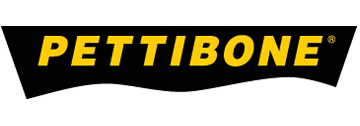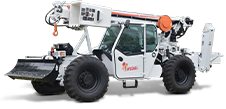STABLE HANDLING OF PIPE AND POLES
A major safety factor for material handlers moving pipe, logs or treated wooden poles is stability. Operators need to be aware of the circumstances that can impact the stability of a loaded vehicle while in use, including speed, grade and ground conditions. Weight distribution, suspension, wheelbase and tires can also influence a vehicle’s resistance to tipping, even during seemingly normal operations.
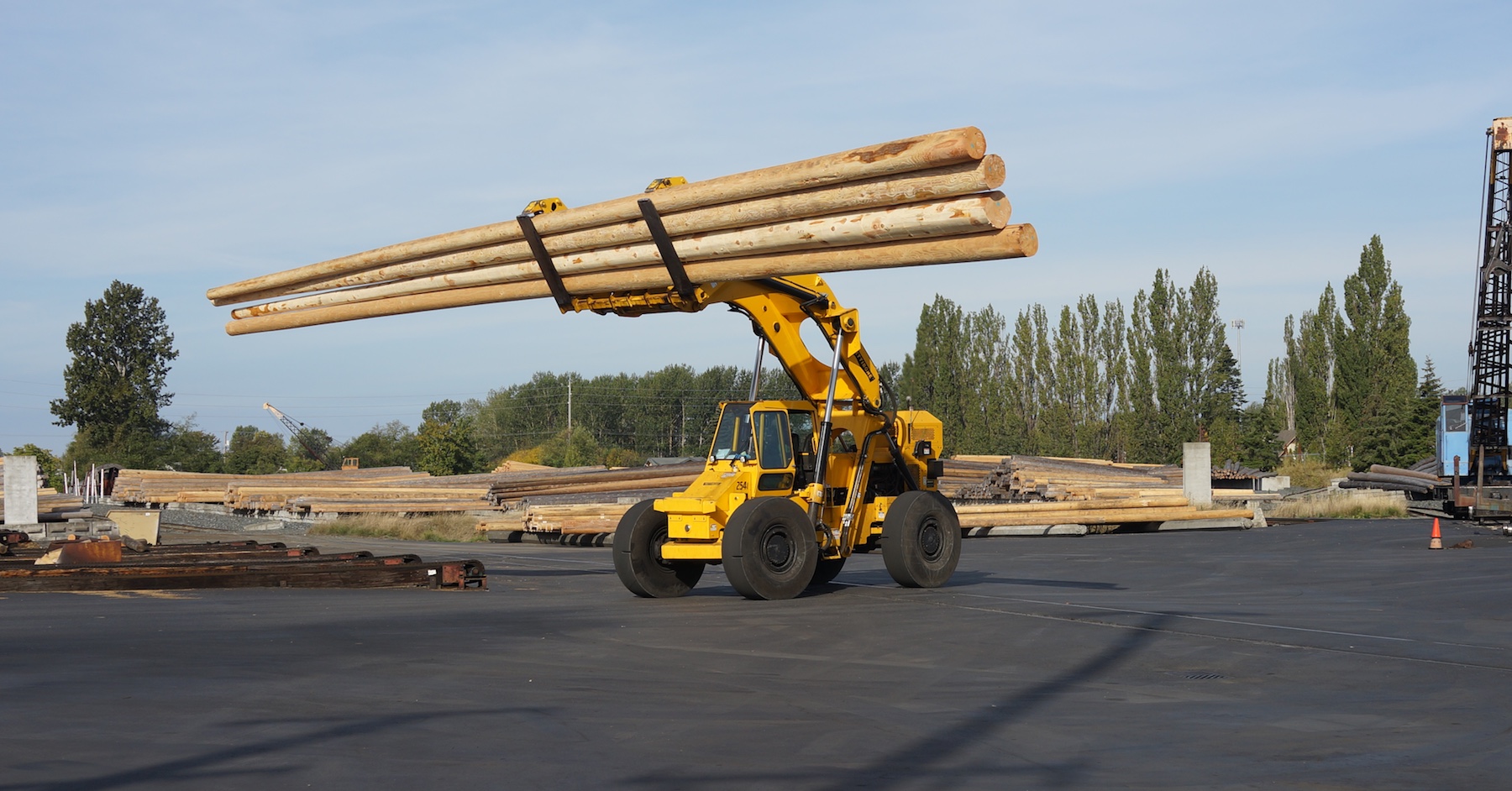
Wheel Loaders Fall Short
The level of stability also depends on the vehicle’s intended function versus its actual use on the jobsite. A wheel loader, for example, is mainly designed to move dirt, but its articulated steering is not conducive to carrying heavy loads and turning at the same time.
A wheel loader can lose as much as 50-percent of its rated load capacity when going into a turn. Because of this, drivers with sharp turns to maneuver may have to resort to multiple-point turns, moving forward and back as much as needed until the turn is complete.
Unfortunately, sometimes operators aren’t aware that the physical dynamics of a loader are changing when turning or otherwise maneuvering the machine. Simply relying on the vehicle’s specification data under normal use – and failing to make proper adjustments to the speed, load or turning approach to account for these changes – could increase the chances of an accident.
Personnel who work in stockyards may be familiar with the sight of a wheel loader tipped on its side with material scattered nearby on the ground. A danger exists not only to the operator in this scenario, but also to bystanders in the area.
The Stable Design of Pettibone Cary-Lift
Unlike machines with an articulating joint, the Pettibone Cary-Lift has a solid steel frame design that provides the ability to take full loads into sharp turns without sacrificing load capacity or stability. Its shorter wheelbase also allows for a better turning radius without affecting load capacity. Additionally, the Cary-Lift offers a wider stance for the lift arms, providing even more stability as a load is being carried.
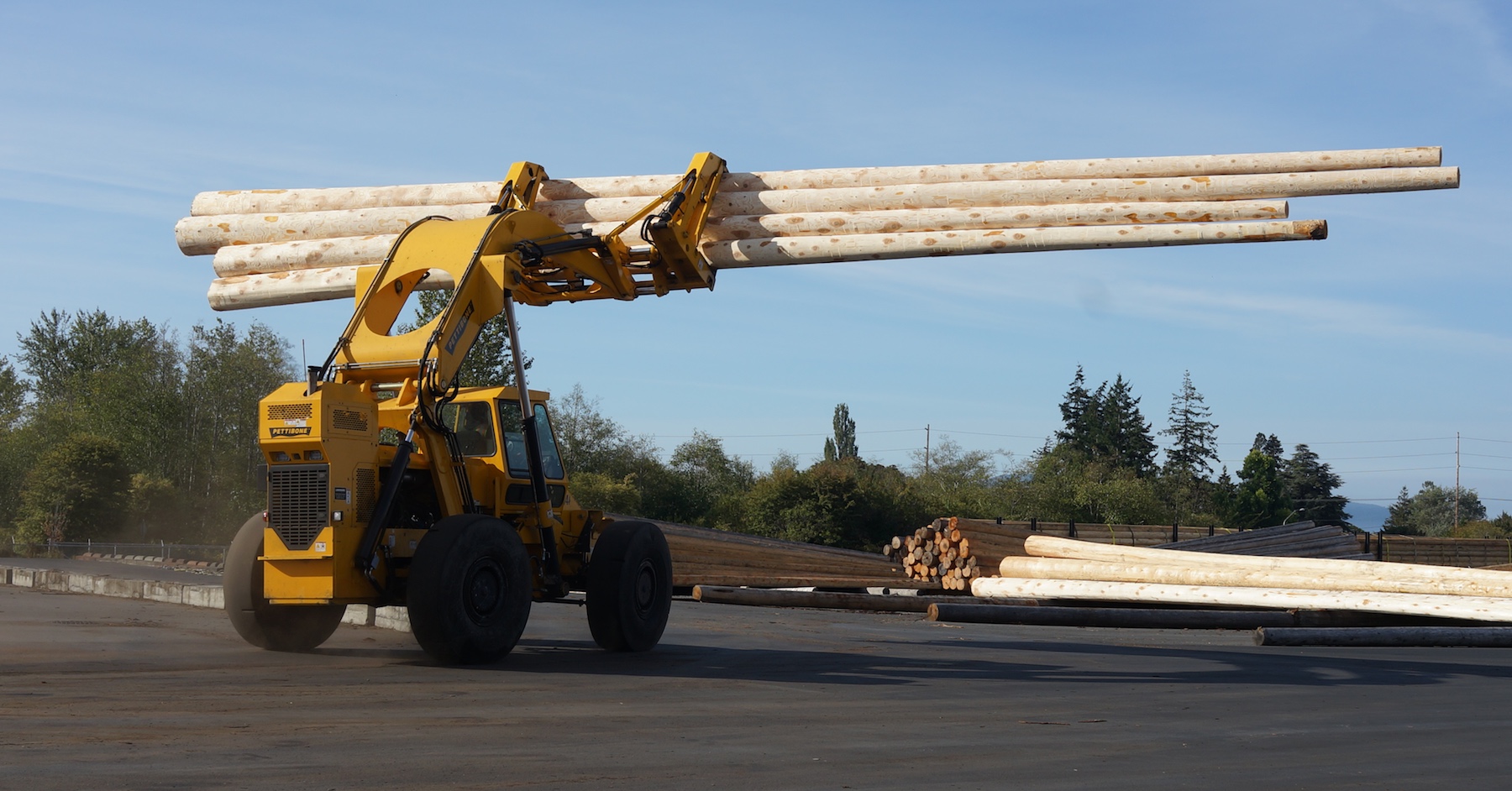
Working on a level stockyard drive aisle is one thing, but pipeline construction jobs in the field provide a whole new set of stability challenges for material handlers. Stockyards sometimes rely on straight mast forklifts, but these smooth-surface vehicles aren’t capable of going into rough terrain applications. Using an all-terrain, 4-wheel-drive machine like the Cary-Lift becomes a necessity when hauling or laying pipe during pipeline construction.
Another Cary-Lift advantage that enhances stability is hydraulic frame sway control. This allows the machine to essentially level itself and the lifting frame to a certain degree in either direction. This leveling action compensates for the irregularities of uneven terrain, helping to ensure operators are carrying a safe, stable load.
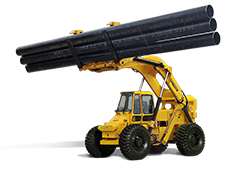 Cary-Lift
Cary-Lift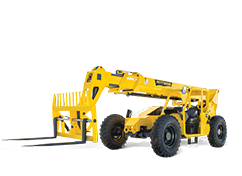 Extendo
Extendo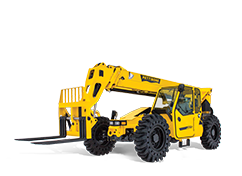 Traverse
Traverse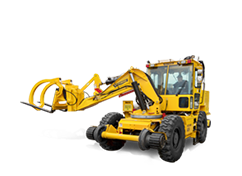 Rail Solutions
Rail Solutions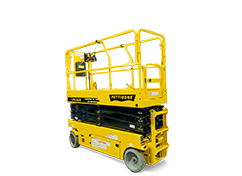 MEWP
MEWP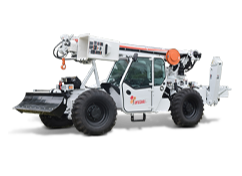 All-Terrain Derrick
All-Terrain Derrick Discontinued
Discontinued Facebook
Facebook YouTube
YouTube LinkedIn
LinkedIn